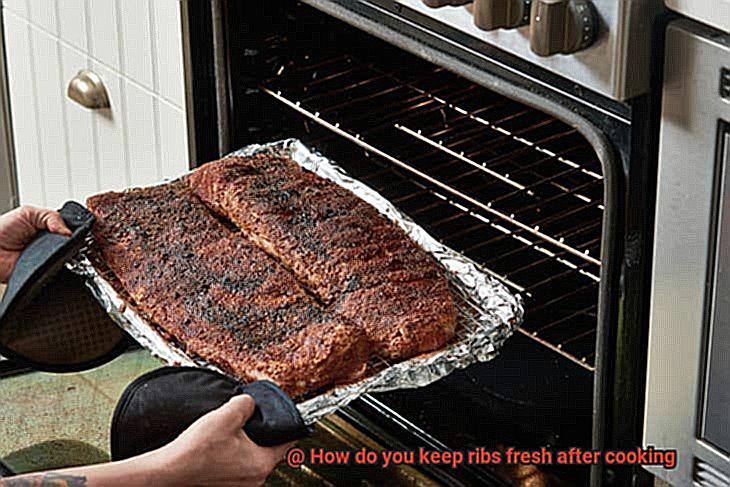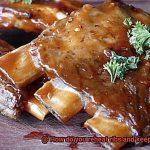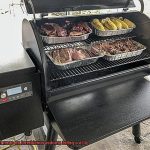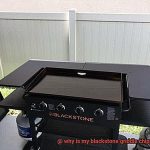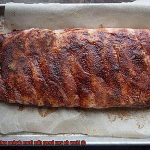Do you ever find yourself disappointed when your mouth-watering ribs lose their flavor after cooking? You’re not alone. Many people struggle with keeping their ribs fresh and tasty once they’ve been cooked to perfection. But fear not, there are some simple tricks you can use to keep your ribs in top condition.
In this blog post, we’ll explore effective ways to keep your ribs fresh whether you’re storing them for a few hours or a few days. We’ll cover everything from proper storage techniques, like wrapping them in foil or plastic wrap, to maintaining the right temperature and using marinades to extend their shelf life.
And if you’re wondering how to reheat leftover ribs without sacrificing taste and tenderness, we’ve got you covered with some handy tips. So whether you’re planning a backyard barbecue or meal prepping for the week ahead, read on for our expert advice on keeping your ribs fresh and delicious as long as possible.
Contents
Storing Ribs in the Refrigerator
Then, you need to know some essential tips to ensure that your ribs remain fresh and tasty.
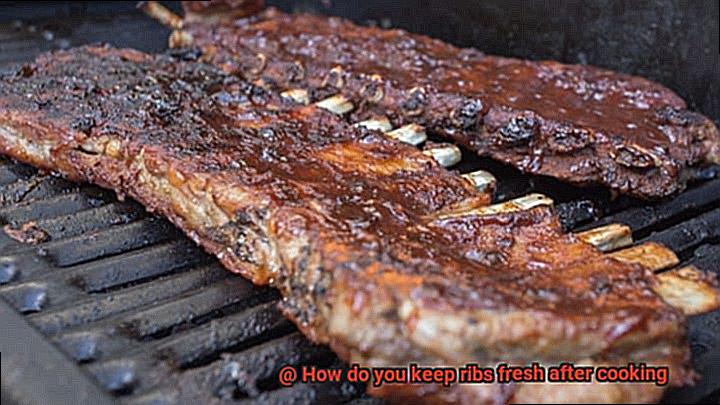
Proper Cooling is the Key
The first thing to keep in mind is that you must cool the ribs before storing them in the fridge. Leaving them at room temperature for no more than two hours after cooking is crucial. This helps prevent bacteria growth and keeps your ribs safe to eat.
Airtight Containers are a Must
Once cooled, store your ribs in an airtight container or wrap them tightly with plastic wrap or aluminum foil. Be sure to seal the container completely to prevent air from entering it. As air can cause the ribs to dry out and lose their flavor, sealing them properly is crucial.
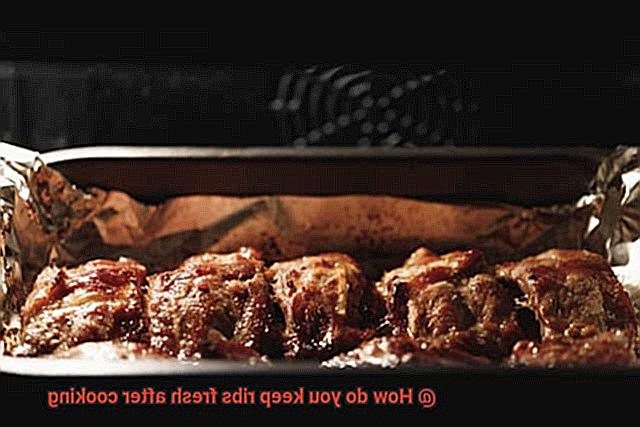
Keep an Eye on Storage Time
Cooked ribs should only be stored in the refrigerator for up to four days. After that, it’s best to discard them as they can cause foodborne illness. So, make sure to consume them within the given time frame.
Reheat with Care
When it’s time to reheat your ribs, doing so in a low-temperature oven or on a grill over indirect heat is ideal. This ensures that they heat evenly without drying out or becoming tough.
Vacuum Sealing for Longer Shelf Life
If you want to extend the shelf life of your cooked ribs, vacuum sealing is an excellent option. It removes all the air from the package, which helps prevent bacteria growth and extends their shelf life.
Preserve with Sodium Erythorbate
Another way to preserve your cooked ribs’ flavor and texture is by using a food preservative such as sodium erythorbate. It’s a natural antioxidant that prevents oxidation and discoloration of the meat.
Storing Ribs in the Freezer
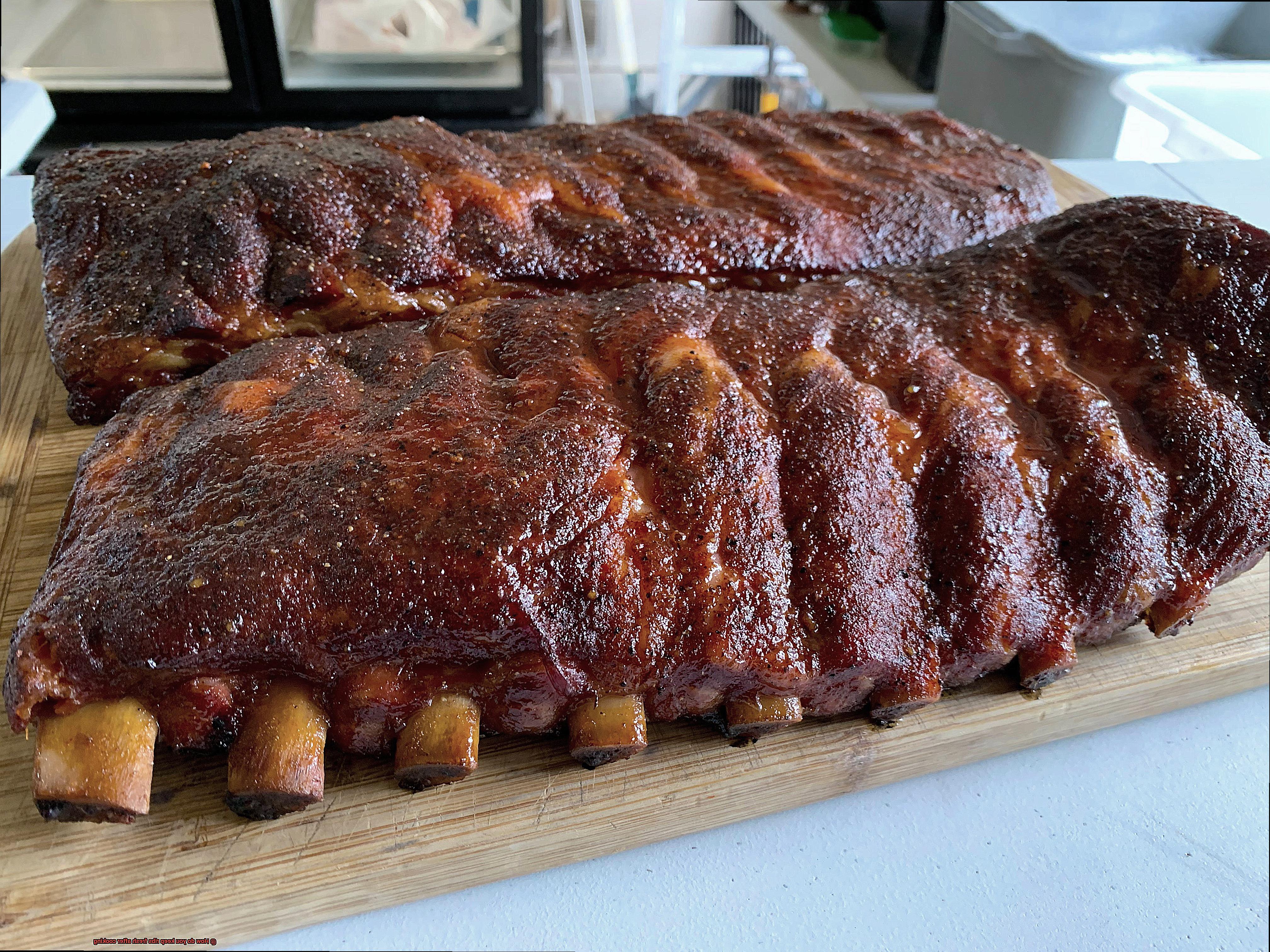
- The answer is simple: store them in the freezer. However, there are specific steps to follow to ensure that your ribs remain tender and delicious.
- The first step is crucial: let your ribs cool down before placing them in the freezer. Why is this important? Cooling down your ribs prevents moisture from forming on the meat, which can cause freezer burn and ruin the flavor and texture. Once your ribs have cooled down, wrap them tightly in plastic wrap or aluminum foil. Alternatively, use freezer bags designed for freezing.
Another critical factor to consider when storing ribs in the freezer is the length of time they can be stored. It’s recommended that you store your ribs for no longer than three months. After this time, the quality of the meat starts to deteriorate, and it may not be as tender or flavorful as it once was.
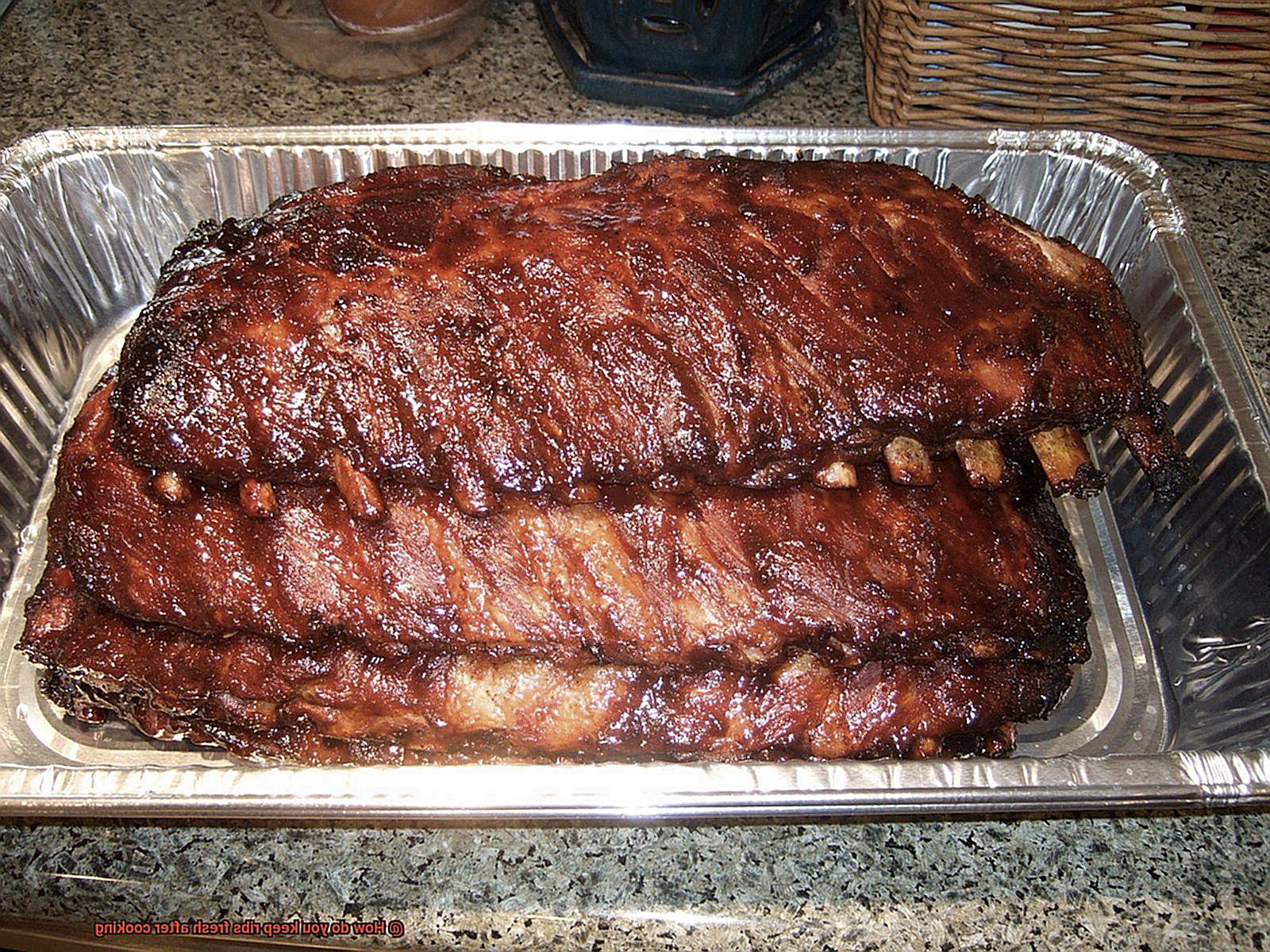
When you’re ready to enjoy your frozen ribs, remove them from the freezer and place them in the refrigerator overnight. This process allows the meat to thaw slowly, which helps retain its moisture and tenderness. Once thawed, you can reheat your ribs either in the oven or on a grill, depending on your preference.
To summarize, storing ribs in the freezer is an excellent way to extend their shelf life and enjoy them whenever you want. Here are some key tips to keep in mind:
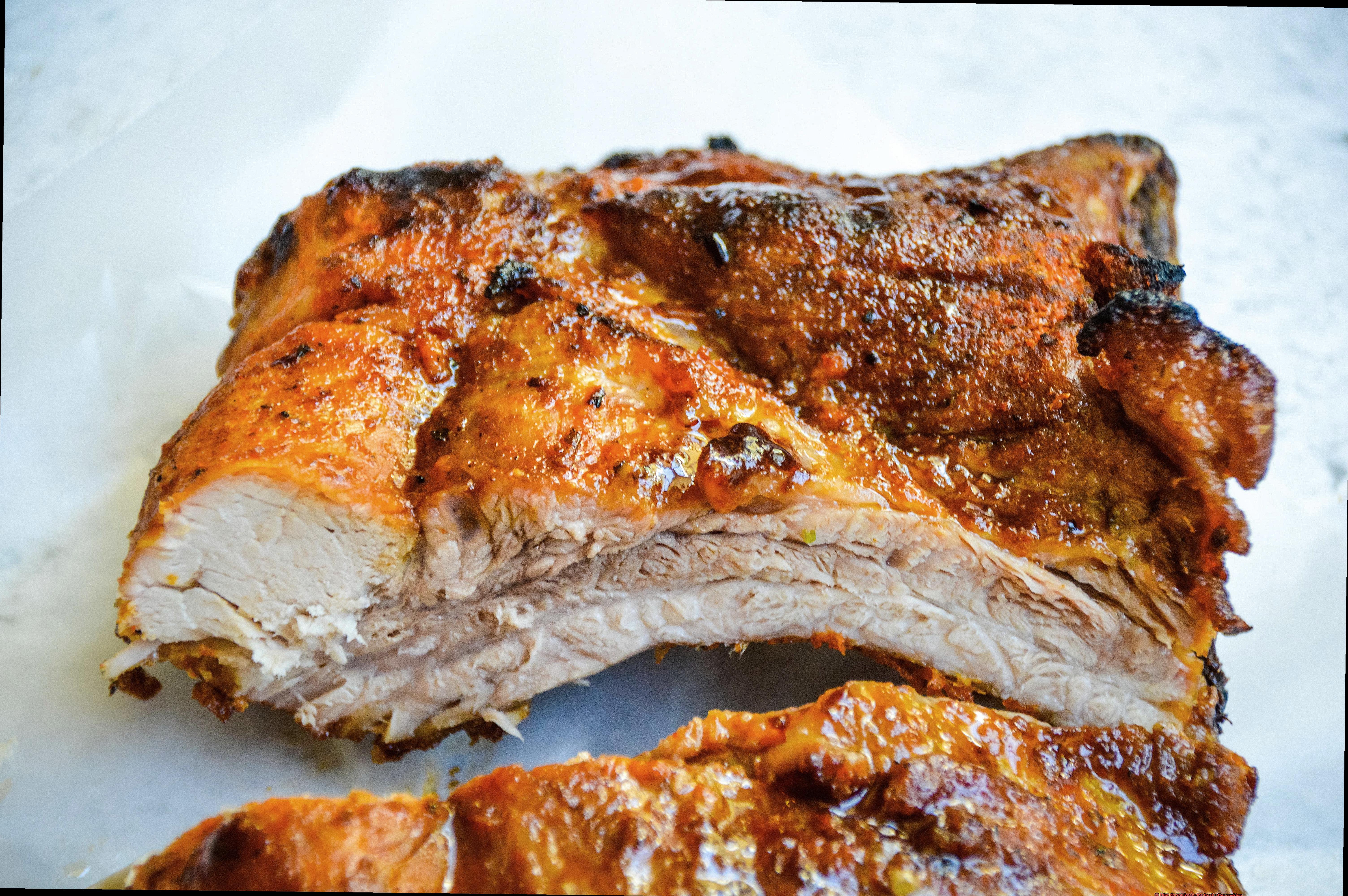
- Let your ribs cool down before wrapping them tightly
- Use plastic wrap, aluminum foil or freezer bags designed for freezing
- Store your ribs for no longer than three months
- Thaw your ribs slowly in the refrigerator overnight
- Reheat your ribs in the oven or on a grill
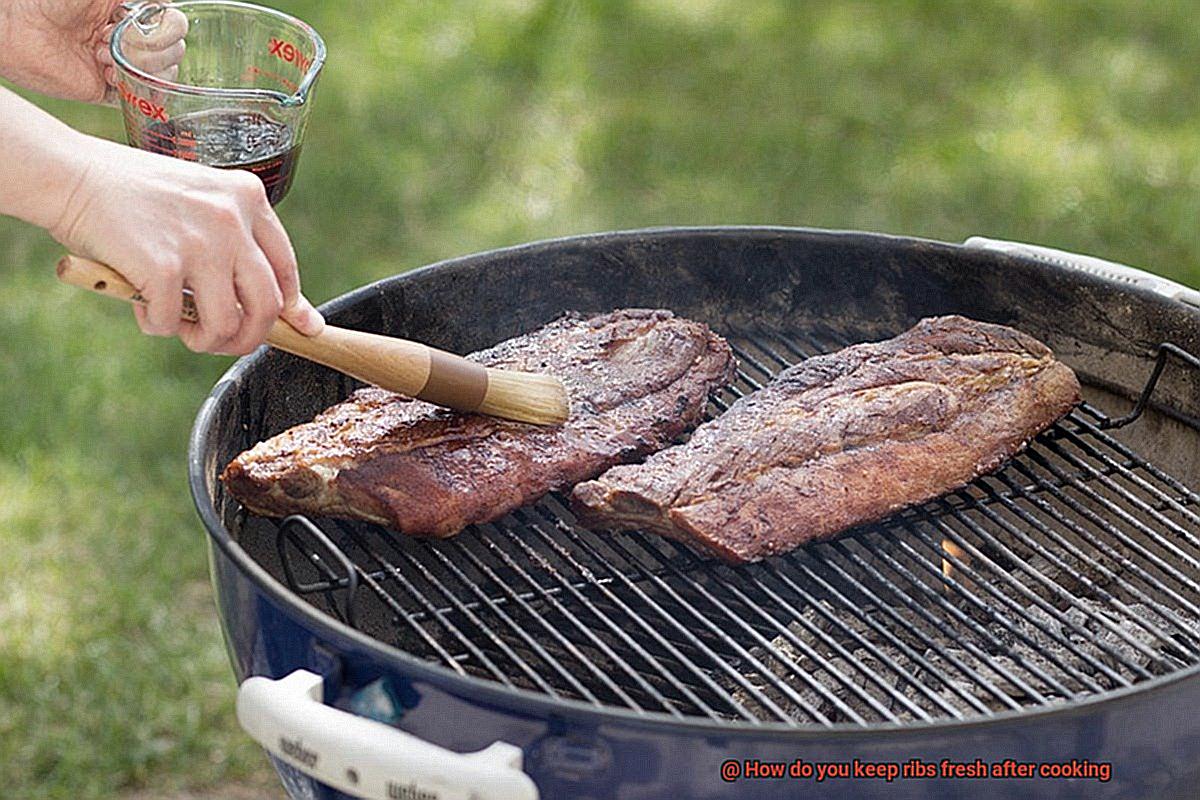
Vacuum Sealing Ribs
The first step is crucial: let your cooked ribs cool down to room temperature before vacuum sealing them. This ensures that the bag won’t melt or tear due to the heat, compromising the vacuum seal. Once the ribs have cooled, place them in a specially designed vacuum-seal bag made of thicker material that can withstand high temperatures and pressure without tearing or puncturing.
Next, use a vacuum sealer machine to remove all the air from the packaging. The machine will automatically seal the bag once all the air has been removed, protecting your ribs from spoilage and bacterial growth. By removing all the air, you’re also retaining the moisture and flavor of the ribs, making them taste as fresh as when they were cooked.
But what about storage? Label your vacuum-sealed ribs with the date of sealing and store them in the fridge or freezer accordingly. Cooked ribs stored in the fridge should be consumed within 3-4 days, while those stored in the freezer can last up to 6 months. And reheating your delicious ribs is a breeze – just place them in boiling water for 10-15 minutes until heated through.
Using a Food Preservative
Luckily, using a food preservative can help extend their shelf life. There are various types of food preservatives available, but the most common ones used for ribs are sodium nitrate and sodium nitrite. These preservatives work by inhibiting bacterial growth and preventing spoilage.
To ensure safe and effective use of a food preservative, it’s crucial to follow the manufacturer’s instructions closely. The preservative should be added to the meat before cooking, allowing sufficient time for it to penetrate the meat fully. It’s important to note that using too much of the preservative can be harmful to your health, so measure carefully and don’t exceed the recommended amount.
If you prefer a hassle-free option, pre-packaged marinades or rubs containing food preservatives are available in most grocery stores. However, it’s essential to read the label carefully and check if the preservative used is safe and approved by regulatory agencies.
Although using a food preservative can help keep your ribs fresh after cooking, it doesn’t extend their shelf life indefinitely. Proper storage and handling of cooked meat are still crucial in ensuring its safety and quality. Keep your ribs stored correctly in either the refrigerator or freezer and consume them within a reasonable time frame.
Tips for Keeping Ribs Fresh After Cooking
Ribs are a beloved dish that many people enjoy, but proper storage and handling are crucial to keeping them fresh and delicious. Here are some tips to ensure your cooked ribs stay tasty:
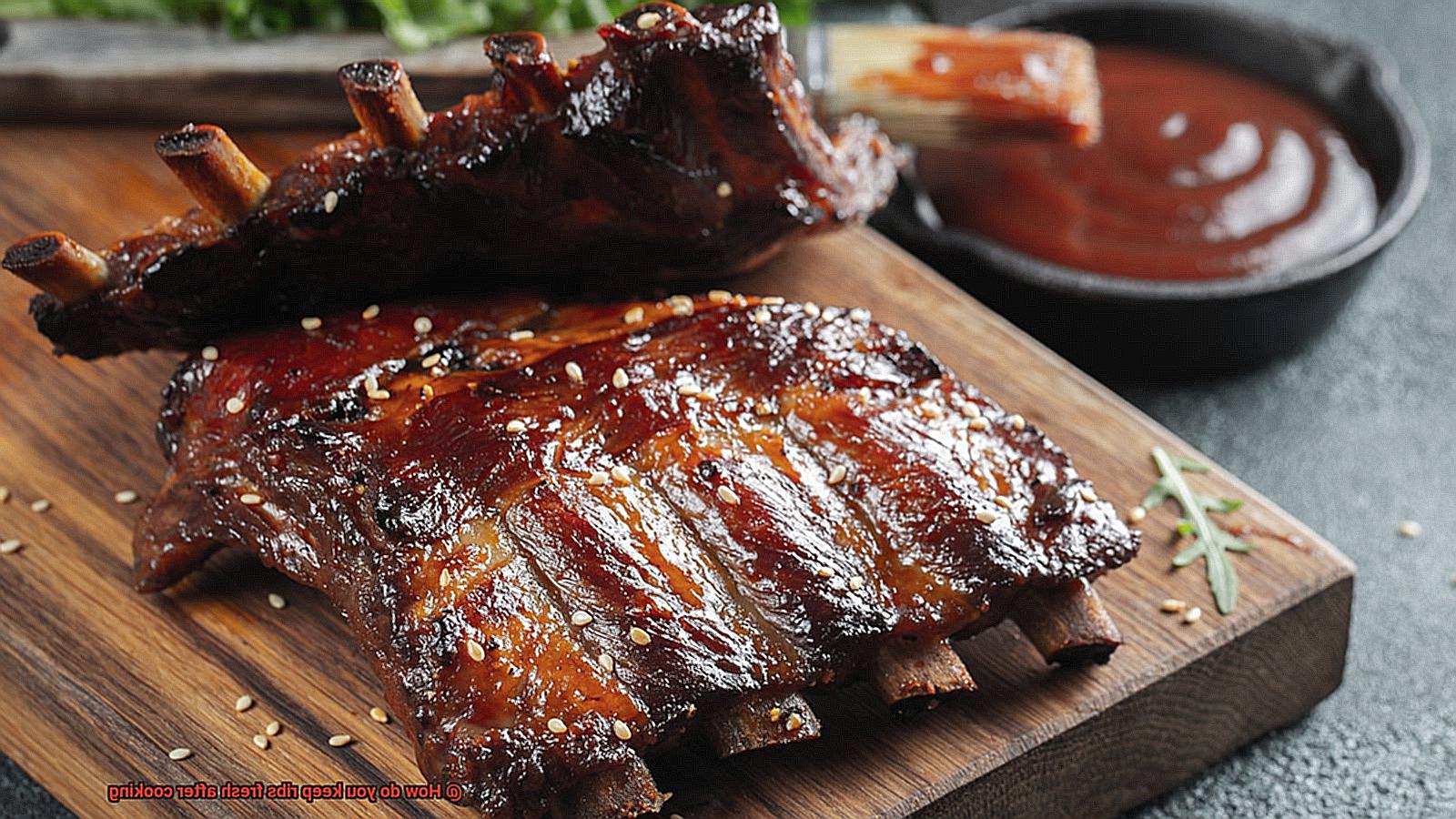
Store Properly
Once the ribs are cooked, it’s essential to cool them down quickly and store them properly. Allow the ribs to cool down to room temperature before wrapping them tightly in aluminum foil or plastic wrap. Place the wrapped ribs in an airtight container or freezer bag to prevent any air from getting in, which can cause the meat to dry out.
Refrigerate Promptly
To prevent bacterial growth, refrigerate the cooked ribs within two hours of cooking. Place them in the fridge and keep them at a temperature below 40°F (4°C) to maintain their freshness.
Reheat Properly
When reheating cooked ribs, be sure to do so thoroughly to kill any bacteria that may have grown during storage. Preheat your oven to 250°F (121°C), place the ribs on a baking sheet, and cover with foil. Heat for about 20 minutes or until the internal temperature reaches 165°F (74°C).
Freeze for Later
If you’re not planning on eating your cooked ribs right away, they can be frozen for later use. Wrap them tightly in aluminum foil or plastic wrap and place in an airtight container or freezer bag. Label with the date and freeze for up to three months. When you’re ready to eat them, simply thaw them in the refrigerator overnight before reheating.
Use Food Preservatives
If you want to extend the shelf life of your cooked ribs, consider using food preservatives like sodium erythorbate. This natural antioxidant helps prevent oxidation and discoloration of the meat while preserving its flavor and texture. However, it’s essential to follow the instructions carefully when using food preservatives and not overuse them as it can affect the taste of your food.
Benefits of Storing and Preserving Ribs
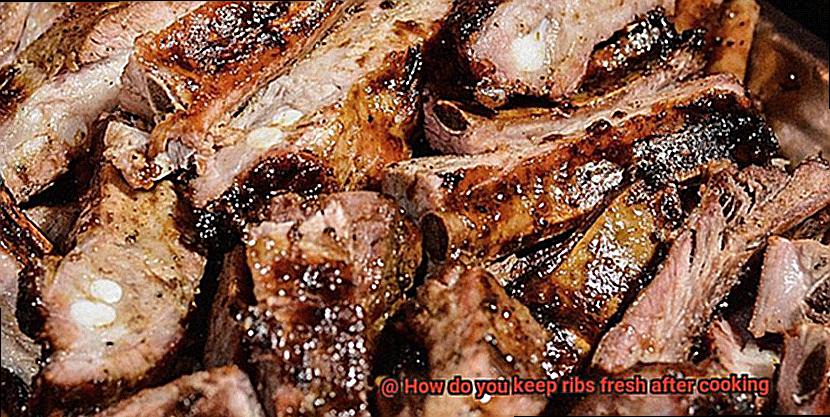
Storing and preserving your ribs properly can help maintain their flavor and freshness for days, or even weeks, to come.
One of the biggest benefits of storing and preserving ribs is convenience. It means you can enjoy your favorite food at a later time without having to go through the entire cooking process again. This can save you precious time and effort, especially if you’re hosting a large gathering or have a busy schedule.
But convenience isn’t the only advantage. Proper storage and preservation techniques can also prevent foodborne illnesses by keeping the ribs at safe temperatures and preventing the growth of harmful bacteria. This is critical not just for the taste of your food but also for your health.
In fact, storing and preserving your ribs can even enhance their flavor by allowing the spices and seasonings to penetrate the meat more deeply over time. This means that you’ll get to enjoy an even tastier meal when you decide to eat your leftover ribs.
And let’s not forget about the financial benefits of storing and preserving your ribs. By avoiding food waste, you can save money on groceries and stretch your budget even further.
So, what are some methods for storing and preserving cooked ribs? There are a few options to choose from, including refrigeration, freezing, vacuum sealing, and canning. Each method has its own pros and cons depending on your storage needs and preferences. For example:
- Refrigeration is ideal if you plan to consume your leftover ribs within a few days.
- Freezing is perfect if you want to store your ribs for a longer period of time.
- Vacuum sealing is a great option if you want to preserve the flavor and texture of your ribs.
- Canning is a traditional method that can help extend the shelf life of your ribs.
Common Mistakes to Avoid When Storing and Preserving Ribs
While storing and preserving your beloved ribs might seem like a piece of cake, there are some common mistakes that people often make. These mistakes can lead to the ribs spoiling quickly or not maintaining their flavor and tenderness. As an expert on this topic, I am here to help you avoid these mistakes and keep your ribs fresh and delicious for as long as possible.
Mistake #1: Leaving Ribs at Room Temperature for Too Long
The first mistake that many people make is leaving cooked ribs out at room temperature for too long. Bacteria can start to grow on the meat after just two hours, which can lead to food poisoning. To avoid this mistake, refrigerate or freeze cooked ribs as soon as possible after they’re done cooking.
Mistake #2: Not Wrapping Ribs Properly
Another common mistake is not wrapping the ribs properly before storing them. If the ribs are left exposed to air, they can dry out and lose their flavor and tenderness. So, it’s important to wrap them tightly in plastic wrap or aluminum foil or store them in an airtight container.
Mistake #3: Using the Wrong Storage Container
The type of container you use to store your ribs can also make a big difference in how long they stay fresh. While plastic containers are fine for short-term storage in the refrigerator, it’s best to use freezer-safe bags or containers for longer-term storage in the freezer. This will help prevent freezer burn and keep your ribs tasting fresh.
Mistake #4: Freezing Ribs for Too Long
Freezing cooked ribs can help preserve their flavor and tenderness, but it’s important not to freeze them for too long. Over time, even frozen foods can start to lose their quality and flavor. For best results, try to use your frozen ribs within three months.
6Qp7Jnf4jRg” >
Conclusion
In conclusion, keeping your ribs fresh after cooking is essential to preserve their delectable flavor and tender texture. Whether you’re hosting a backyard barbecue or meal prepping for the week ahead, there are simple tricks you can use to keep your ribs in top condition. Proper cooling is the foundation of freshness, so make sure to cool your cooked ribs before storing them. Once cooled, store them in an airtight container or wrap them tightly with plastic wrap or aluminum foil.
It’s important to note that cooked ribs should only be stored in the refrigerator for up to four days. When reheating leftover ribs, it’s best to do so in a low-temperature oven or on a grill over indirect heat for optimal results.
If you want to extend your rib’s shelf life, freezing is an excellent option. However, follow specific steps such as letting them cool down before placing them in the freezer and storing them for no longer than three months.
Vacuum sealing is another fantastic option that helps remove all the air from the package and prevents bacteria growth while extending shelf life.
To preserve your cooked rib’s flavor and texture, consider using food preservatives like sodium erythorbate. It helps prevent oxidation and discoloration of meat while retaining its freshness.
Avoid common mistakes when storing and preserving your beloved ribs by not leaving them at room temperature for too long, wrapping them properly before storing, using the wrong storage container, and freezing them for too long.
Proper storage and handling of cooked meat are crucial in ensuring its safety and quality.

